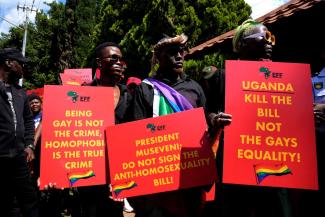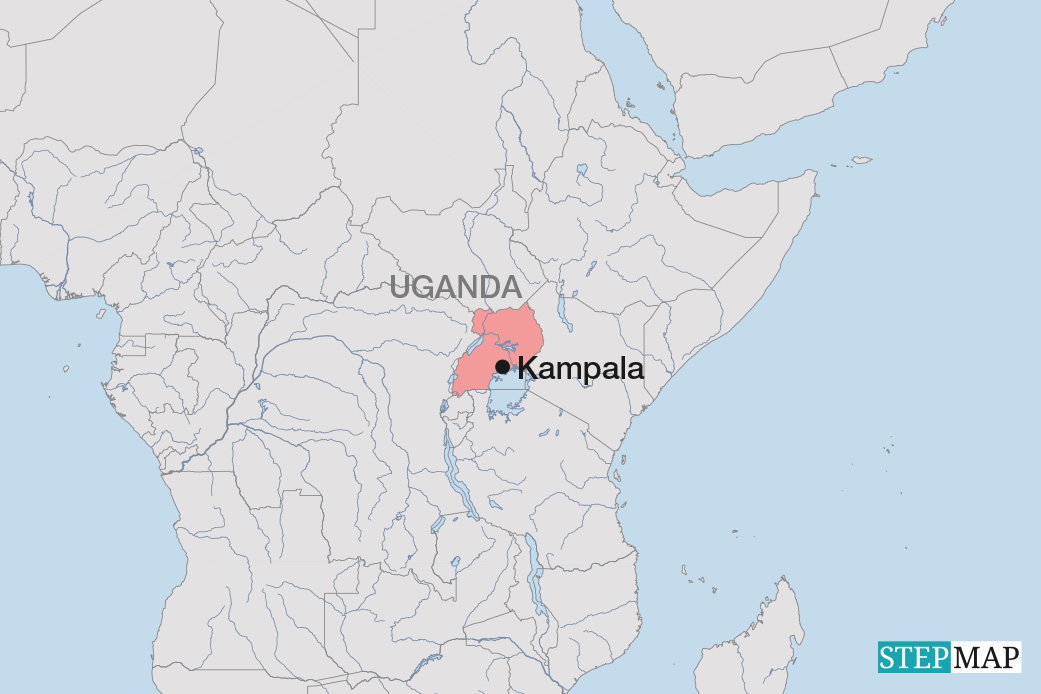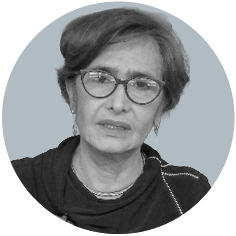Sexual minorities
Human rights for all

United by the motto “Kwa umoja – We rise”, 1450 activists for the human rights of sexual minorities met in Cape Town in mid-November. The International Lesbian and Gay Association (ILGA), the largest umbrella organisation in the world, chose the South African metropolis in order to send a message against homo- and transphobia. South Africa’s constitution was the first in the world to protect sexual minorities from discrimination.
Under apartheid, homosexuality was criminalised in South Africa, as were relationships and marriages between people with different skin colours. The government of Nelson Mandela put a stop to this after he took office in 1994. Since its transition to democracy, South Africa has achieved numerous successes in the fight against discrimination. Same-sex marriage has long been legal and hate crimes are punishable by law.
In her opening address to the ILGA conference, Mmapaseka Steve Letsike, Deputy Minister of Women, Youth and Persons with Disabilities, underscored that homosexuality was tolerated in many places in pre-colonial Africa and that criminalisation is a colonial invention. In doing so, she also took a stand against homophobic politicians on the continent. The fight to improve LGBTIQ human rights is not restricted to one group of people but is a fight that concerns all of society, Letsike said. It is a fight for justice and the dignity of all people. She especially praised the work of South African trade unions, which are working to overcome socio-economic problems and include sexual minorities.
Trade unions at the ILGA World Conference
The conference offered over 150 union representatives from all continents an opportunity to exchange ideas about how to better combine labour rights and the rights of sexual minorities at all levels. Teachers’ unions have a key role to play when it comes to education about human rights and tolerance of minorities. Some unionised teachers from the former settler colonies of South Africa and Canada reported on how they use dialogue to counter homophobia among school directors and parents and thereby contribute to an inclusive atmosphere in schools. Doing so also reduces their own stress at work.
International level
The conference encouraged true solidarity and the establishment of alliances between different movements, underscored Julia Ehrt, executive director of ILGA World. Resistance and courage are necessary, she asserted, to counter anti-gender movements and their attacks on human rights. “Conservative, sometimes religious leaders are trying to restrict the lives of LGBTI people, either through discriminatory practices or through criminalisation or through fostering prejudice and stereotypes against the communities that ILGA World serves. (…) If you’re part of the social mainstream, authoritarianism might not be that frightening. If you’re part of a minority, be that a gender minority, sexual minority or an ethnic minority, then authoritarianism is actually possibly life-threatening,” Ehrt said.
Many participants agreed that homo- and transphobic agitation were just the start of a larger attempt to weaken human-rights work and civil society in general. They claimed that the medium and long-term goal of anti-gender movements is to create authoritarian and repressive regimes.
Participants also discussed the fact that women’s-rights activists are being targeted more and more because they are fighting for autonomy and the right to make decisions about their own bodies. They are also decrying sexualised and domestic violence. Representatives from moralising anti-gender organisations and their financial backers are ignoring these problems, however, because they idealise conservative and patriarchal family structures.
Graeme Reid, the UN expert on the rights of sexual minorities, published a study on these issues shortly before the conference. “State and non-state actors seek to constrain freedoms of expression, peaceful assembly and association. In many instances the immediate targets are LGBT persons,” he explained. “Nevertheless, the implications of these restrictions are much broader, extending to those who express or act in solidarity with LGBT groups, as allies or in coalition to respond to common structures of subordination.” At issue, Reid argued, is not simply a cultural clash with Christian or Islamic fundamentalists, but rather human rights, pluralist societies and participatory democracy.
Post-conflict countries as test sites
Homophobic agitators and opponents of human rights and democracy are focusing above all on post-conflict countries, where years of extreme and often unpunished violence have caused massive social upheaval. Politically influential clergy and propagandists are petitioning governments there to further strengthen laws against homosexuality. In many places, these laws are a legacy of the colonial era. During the ILGA conference, activists criticised the fact that they were never abolished following political independence, despite anti-colonial rhetoric.
New, self-designated “holy warriors” are exploiting this situation. For example, in Uganda, the now draconian criminalisation of homosexuality can be traced back to fanatical US-American evangelicals. Those representing the interests of sexual minorities have had to stop their work; many are no longer safe even in their homes.
An activist from Afghanistan, who managed to flee the country after several failed attempts, also spoke at the conference. He reported that on the dangerous flight routes, Afghan homosexuals cannot count on the support of European countries – even though they rhetorically condemn the new Taliban regime. The Taliban is in no way just terrorising sexual minorities, but also robbing women and girls of their fundamental rights. To show solidarity with Afghans, numerous conference participants called for immediate action, especially by governments that see themselves as advocates for women’s and human rights.
Link
https://worldconference.ilga.org/programme/
Rita Schäfer is a freelance African studies scholar.
genderinafrica@web.de


















